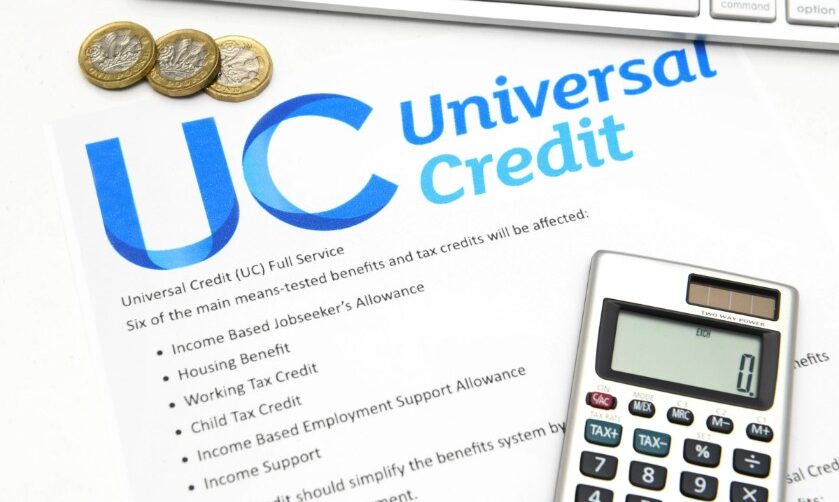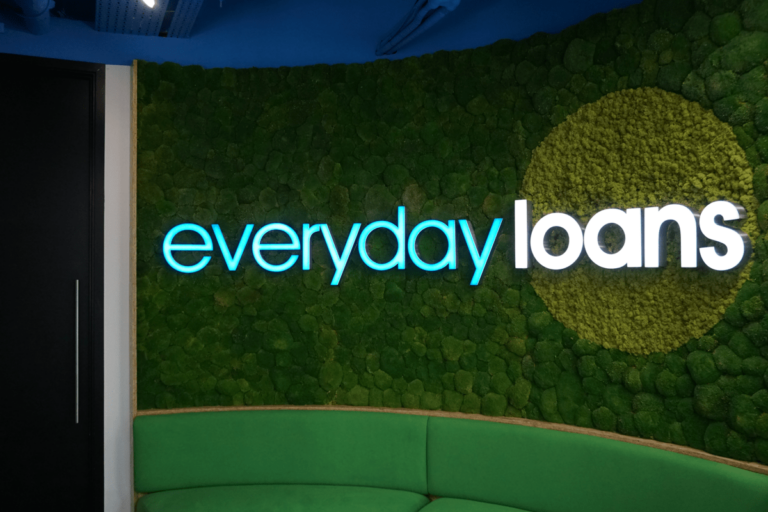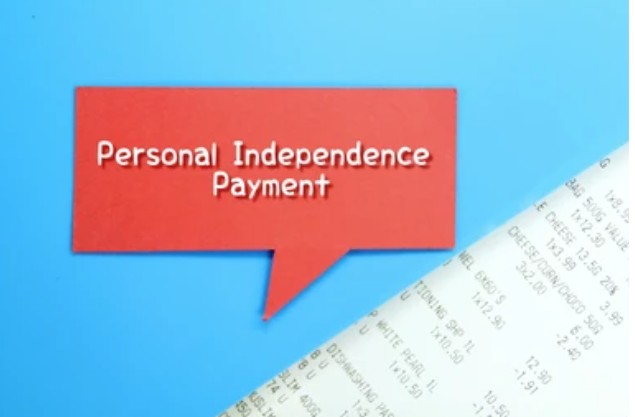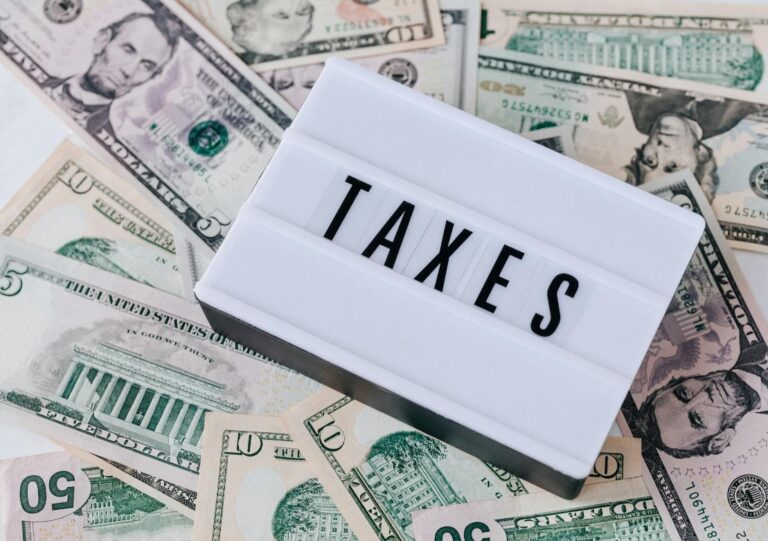Will I Get Cost of Living Payment Tomorrow? 2025
By 2025, most families are still counting down to their expenditure and wondering, “Will I get cost of living payment tomorrow?” The added help that has been offered in previous years did act to be a wonderful relief, but as the scheme is now closed, it is so easy to question whether there is any help remaining.
That then depends on how often the payment is made. There won’t necessarily be a Cost of Living Payment this year, but there is other support like the Household Support Fund and usual benefits, each month.
Being aware of when these are paid will help you to plan in advance and look out for money tomorrow.
Will I Get Cost of Living Payment Tomorrow?
No, there won’t be a Cost of Living Payment (CoLP) tomorrow. The program has shut down across the country in 2024, but may be paid out locally by councils as cash, vouchers, or grants.
Increasing prices of food, rent, and fuel make this query the norm. Although the CoLP is no longer available, councils and charities continue to provide financial assistance.

Look on your local council site for information on what they offer, what you can claim, and how much it depends. There are also charities that others work with to give food, fuel, or emergency grants.
There is no payment tomorrow across the country, but local assistance is there if you know where to turn.
What Happened to the Cost of Living Payments?
The UK Cost of Living Payments expired in February 2024, and numerous families are currently looking at cash alternatives and local arrangements.
Millions of families received three cost-of-living payments during the period 2022-2024:
| Year | Amount |
|---|---|
| 2022 | £650 |
| 2023–24 | £900 across three instalments |
| Feb 2024 | £299 (final instalment) |
They were intended to assist in protecting low-income families against inflationary forces and soaring energy costs.
But in 2025, the Department for Work and Pensions (DWP) left out any new national cost-of-living payment. Therefore, tomorrow or some future date later this year, the payment schedule will contain no references to CoLP.
Other Alternative support
While the Cost of Living Payment has closed in 2024, families can be supported with money in 2025 via benefits, local funds, and aid schemes.
1. Household Support Fund (HSF)
Household Support Fund (HSF) offers up to £300 of single single payments to households in financial crisis, for instance, food, fuel bills, or household goods.
Each local authority operates the fund in its own way; some provide money to people, while others issue vouchers to use in supermarkets or on household bills. The eligibility rules tend to target families with children, pensioners, or low-income families.
For instance, a family with low income for paying for winter heating can be provided with a £150 voucher to assist in paying part of the expense of a gas bill. To access, visit your local council website or call their support team and request assistance.
2. Universal Credit & Benefits
Regular benefits such as Universal Credit, Child Benefit, Pension Credit, ESA, and Jobseeker’s Allowance still persist in 2025 and offer weekly or monthly cash assistance to low-income families.
Payment is typically monthly and goes towards paying rent, food, bills, and other living costs. To find out if a payment is tomorrow or not, log in to your online account and access the “Upcoming Payments” or “Payment Schedule” option.

For instance, a Universal Credit household could get a monthly amount for across-the-board living expenses, even excluding the national Cost of Living Payment.
3. Local Low-Income Programmes
There are schemes run locally by councils and charities giving out small grants or vouchers, typically between £50 and £200, to cover individual requirements not covered by national benefits.
The schemes are often directed at financially struggling households, for example, assistance with rent arrears, food vouchers, or energy credits. The schemes may be first-come, first-served, or targeted at specific groups, for example, families with children or disabled adults.
For instance, a council may award £100 worth of shopping vouchers to low-income citizens to purchase groceries on a weekly basis. Look at your local council website from time to time to check if there are eligibility details and closing dates.
4. Benefit Uprating
Benefit uprating is the yearly increase in the level of benefits by the government to enable families to compensate for inflation and increasing living costs. This helps maintain the purchasing power of families in spite of higher prices.
Primarily in April, benefit uprating does impact benefits like Universal Credit, Child Benefit, and State Pension.
If inflation rises by 5%, then the family on Universal Credit will also get a corresponding benefit increase in their monthly benefit, which will help them deal with increased food or energy bills. Knowing the dates of benefit uprating will help you better plan your finances.
5. Charity & Community Support
Charities and community groups also give crisis-stricken families emergency cash beyond what is available from government schemes.
These include energy bill prepayment, food vouchers, small cash awards, or vouchers. The majority of local food banks, churches, and community centres have schemes for assisting needy families.
For instance, a church-sponsored charity might provide a £50 grant to someone in financial need towards paying for winter fuel costs. These schemes might require proof of financial distress, so ensure their eligibility criteria and application procedure.
How to Check Payment Tomorrow?
Even though there is no CoLP, you might be owed other benefits or local payments tomorrow. Here’s what to do:
- Log in to your online benefits account (Universal Credit, Pension, ESA, etc.).
- Click on “Payment Schedule” or “Upcoming Payments.”
- Check the date; if tomorrow is listed, you’ll receive that benefit.
- For local schemes, check your council’s Household Support Fund page.
This is the most reliable way to know what’s due tomorrow.
FAQs
Is there a cost of living payment tomorrow in the UK?
No, the UK national CoLP scheme finished in 2024, therefore, no payments tomorrow in 2025 are on the cards.
Will there be future cost of living payments in 2025?
No, the government has not issued any further cost of living payments in 2025. Assistance in the future will come in the form of benefit rises and local councils.
How do I check if money is owed tomorrow?
Log in to your internet benefits account and have a look at your payment schedule. That is the only decent way of checking whether a payment is due.
What is replacing the CoLP in 2025?
In place of national payments, councils are making payments under the Household Support Fund and other local low-income programs.







